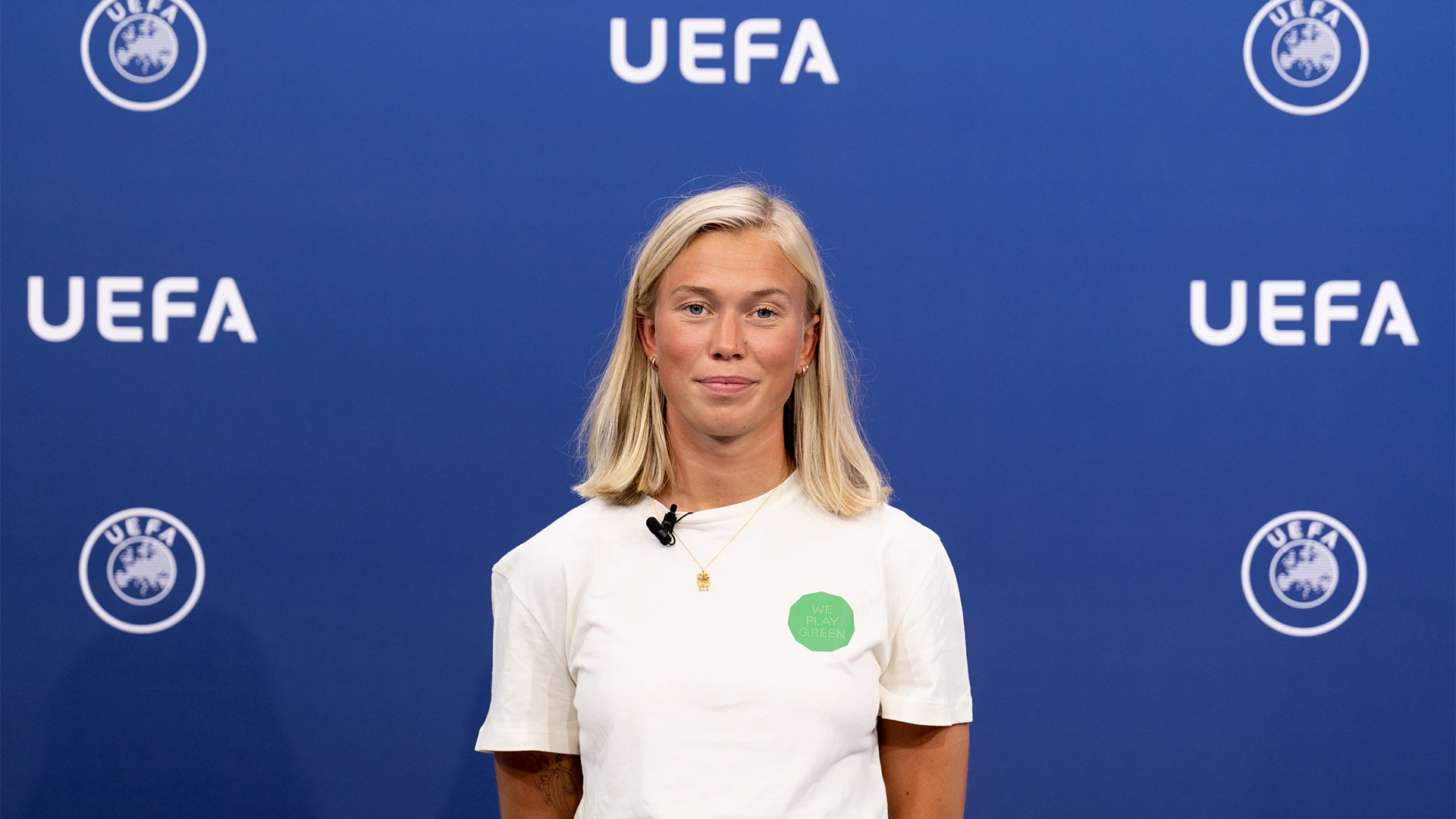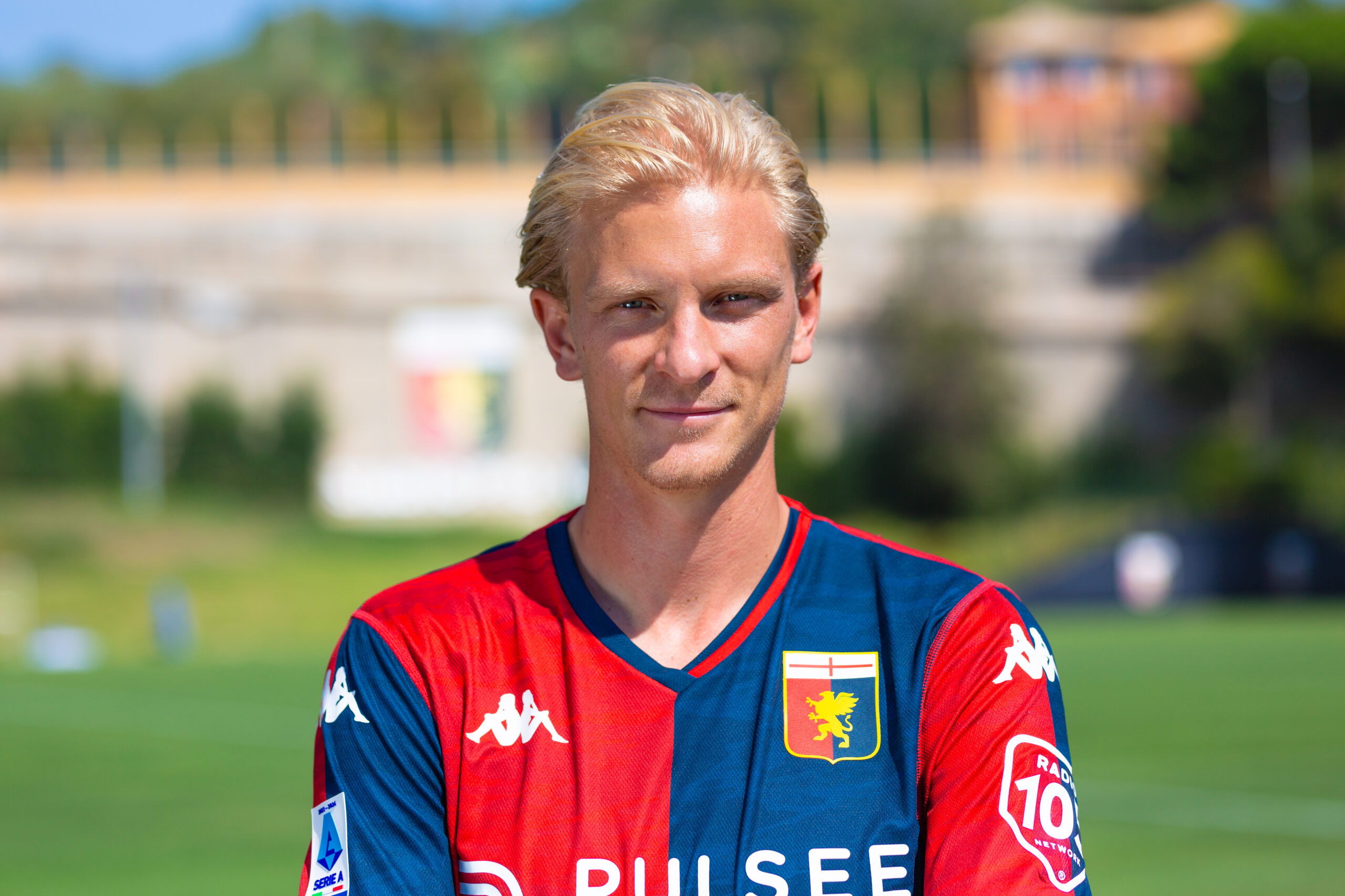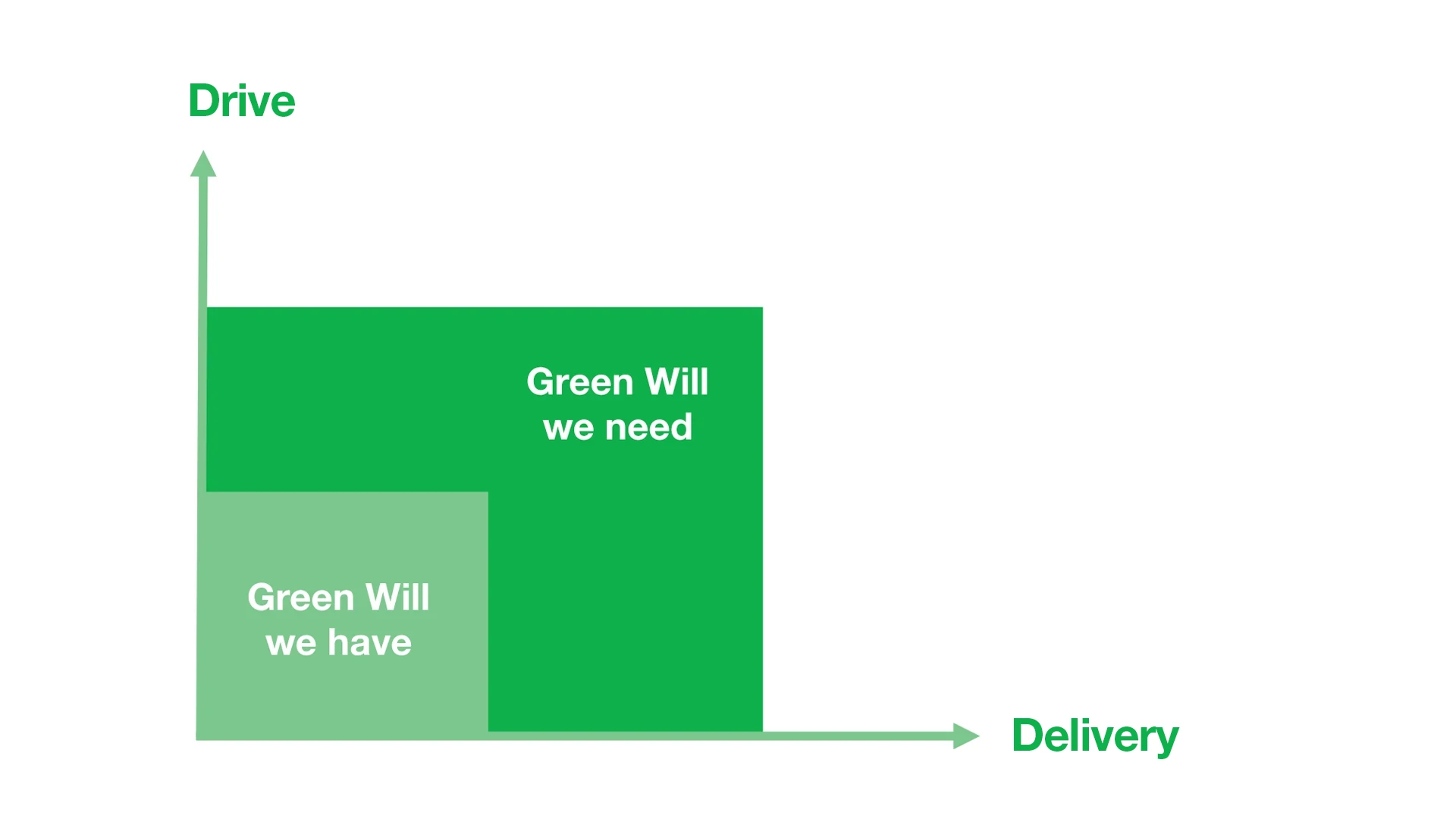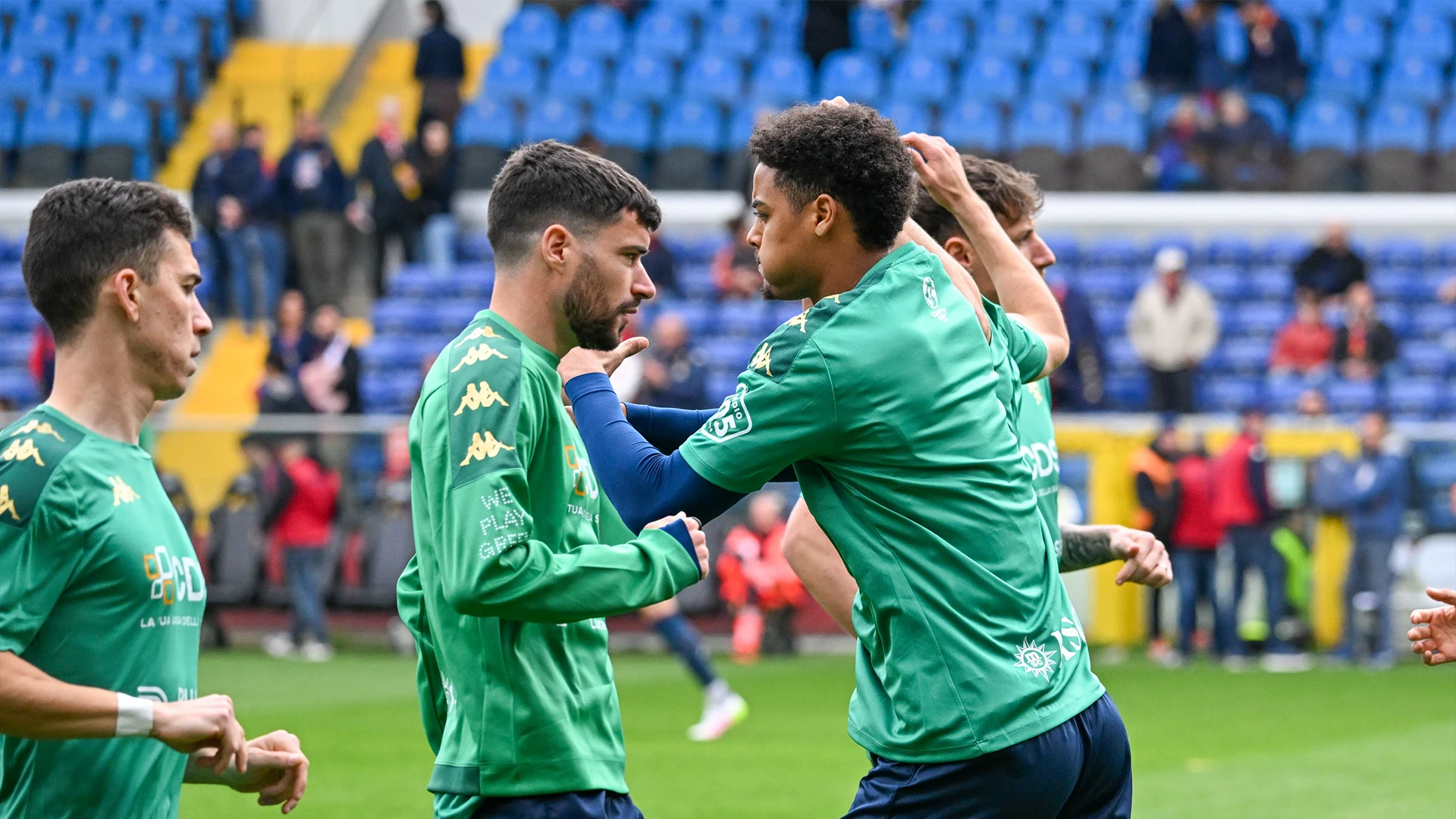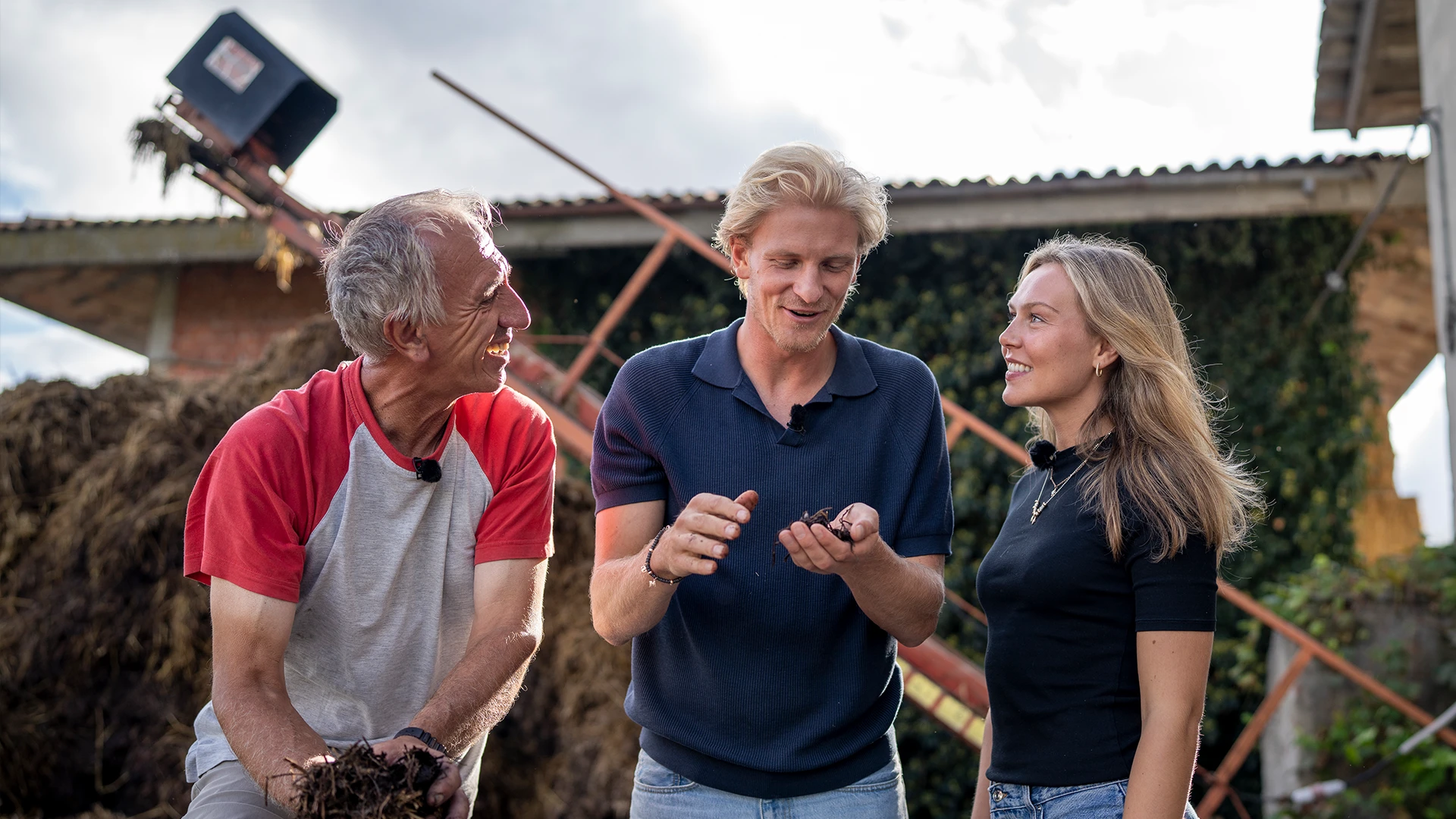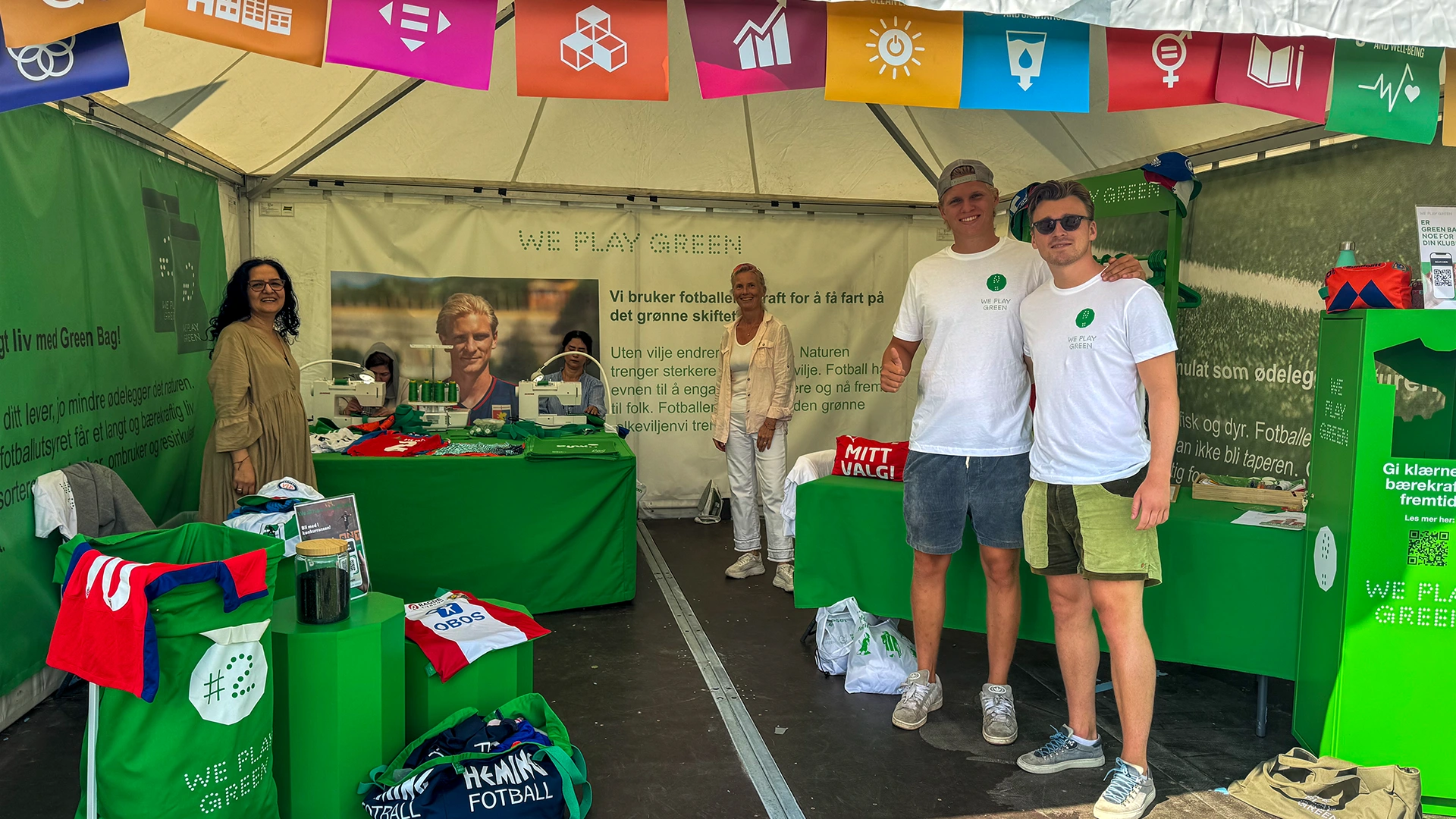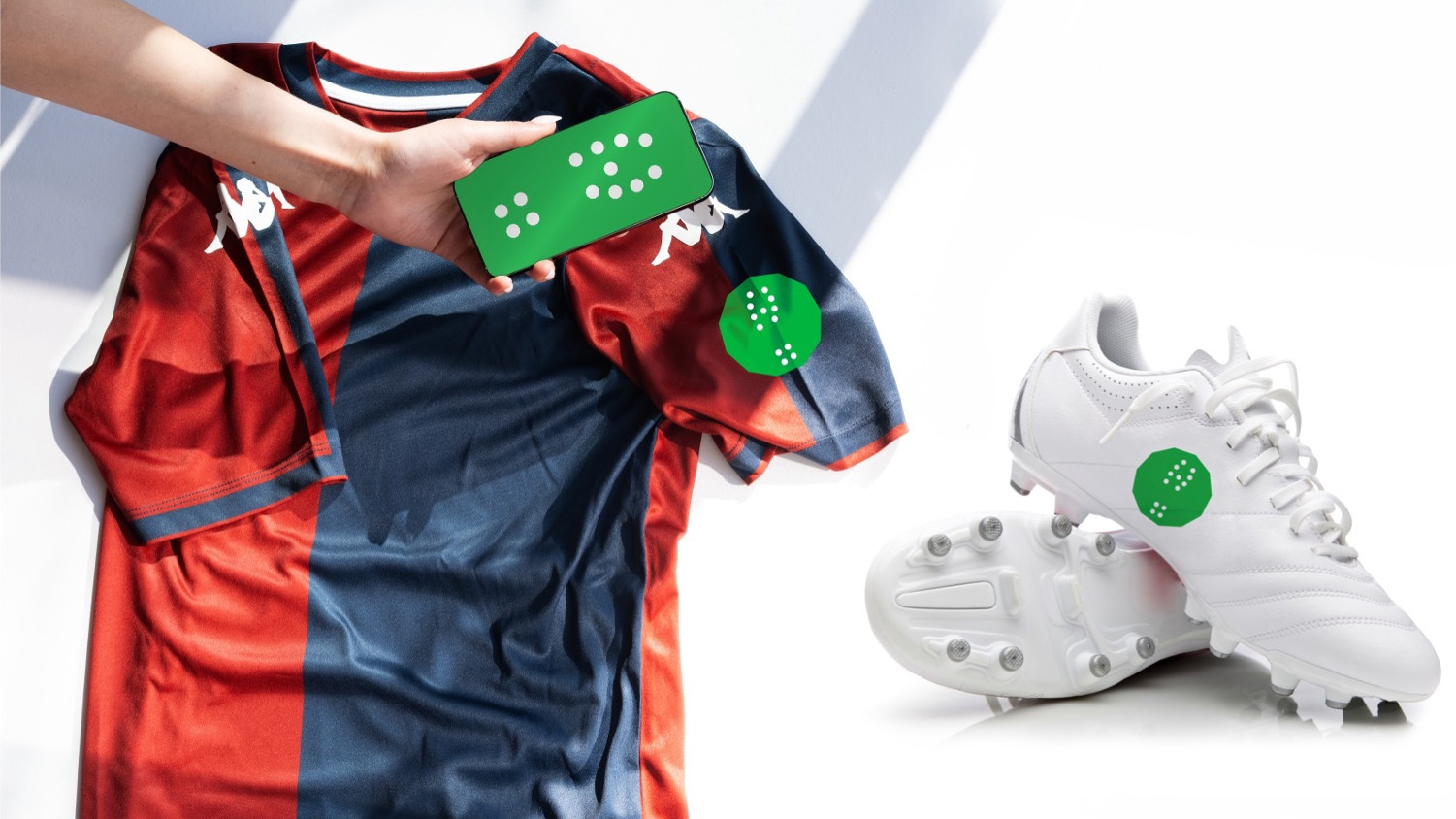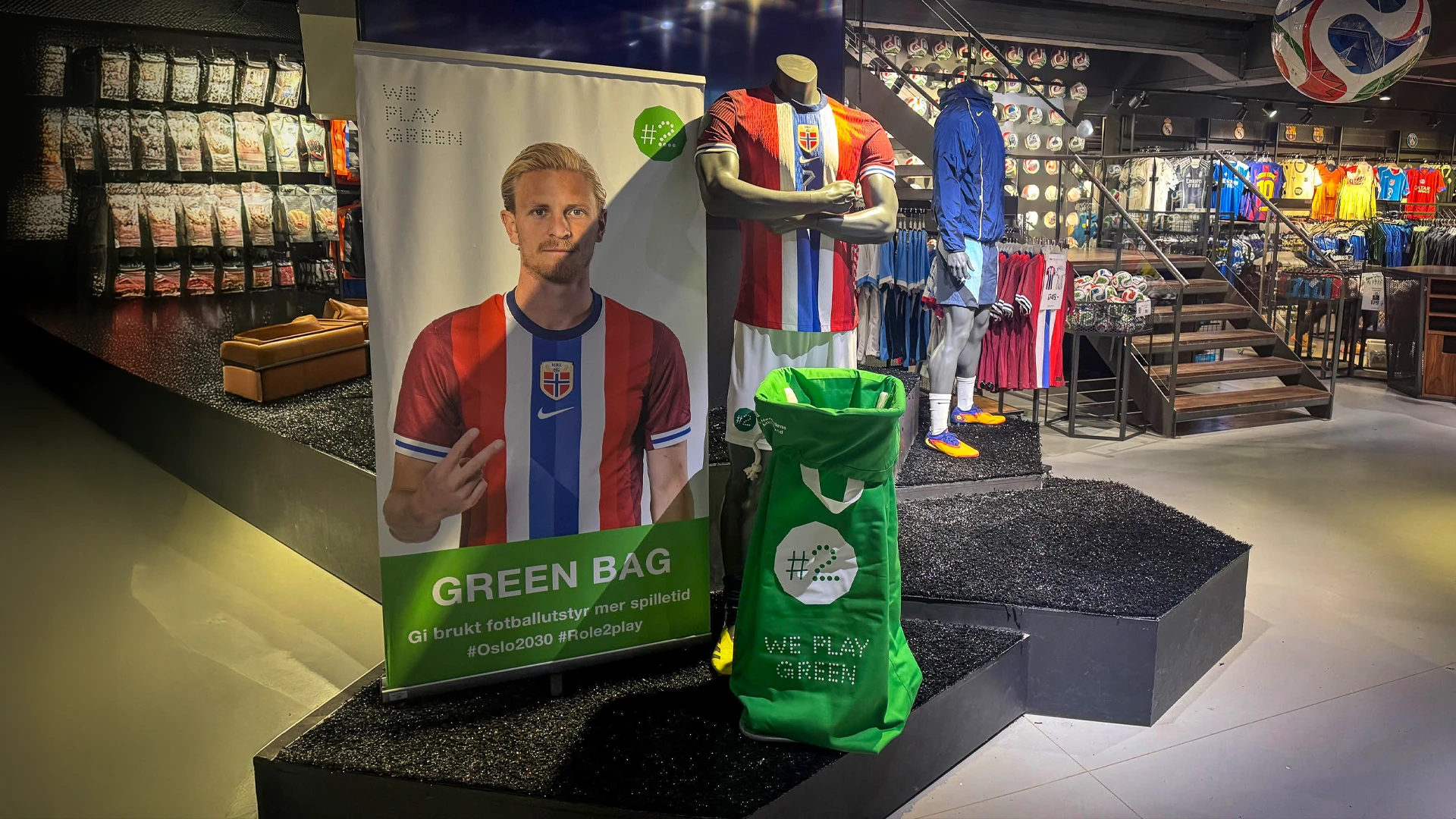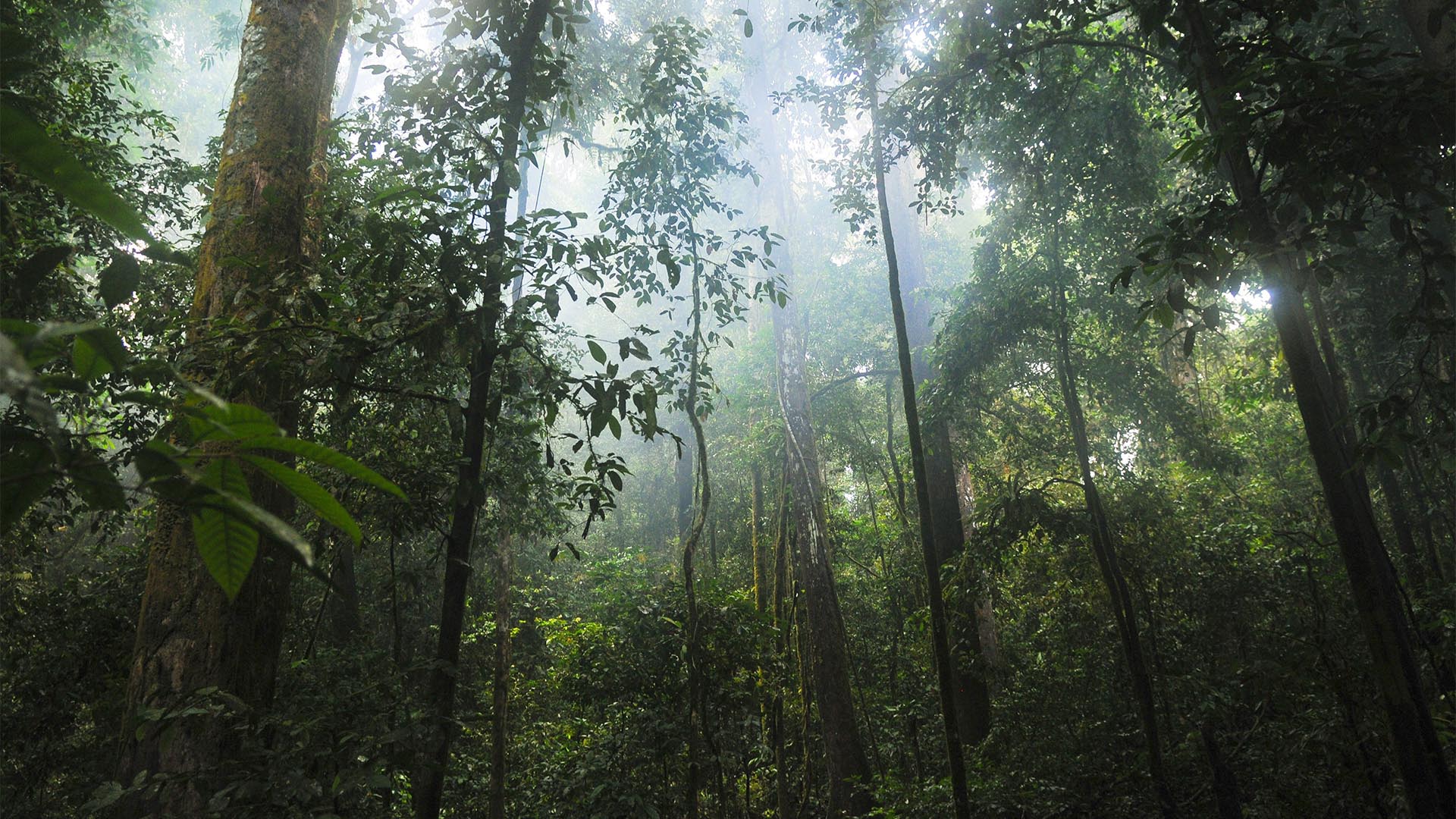Projects
Artificial Pitch Campaign
4 min. Read · Updated on 07/11/2025
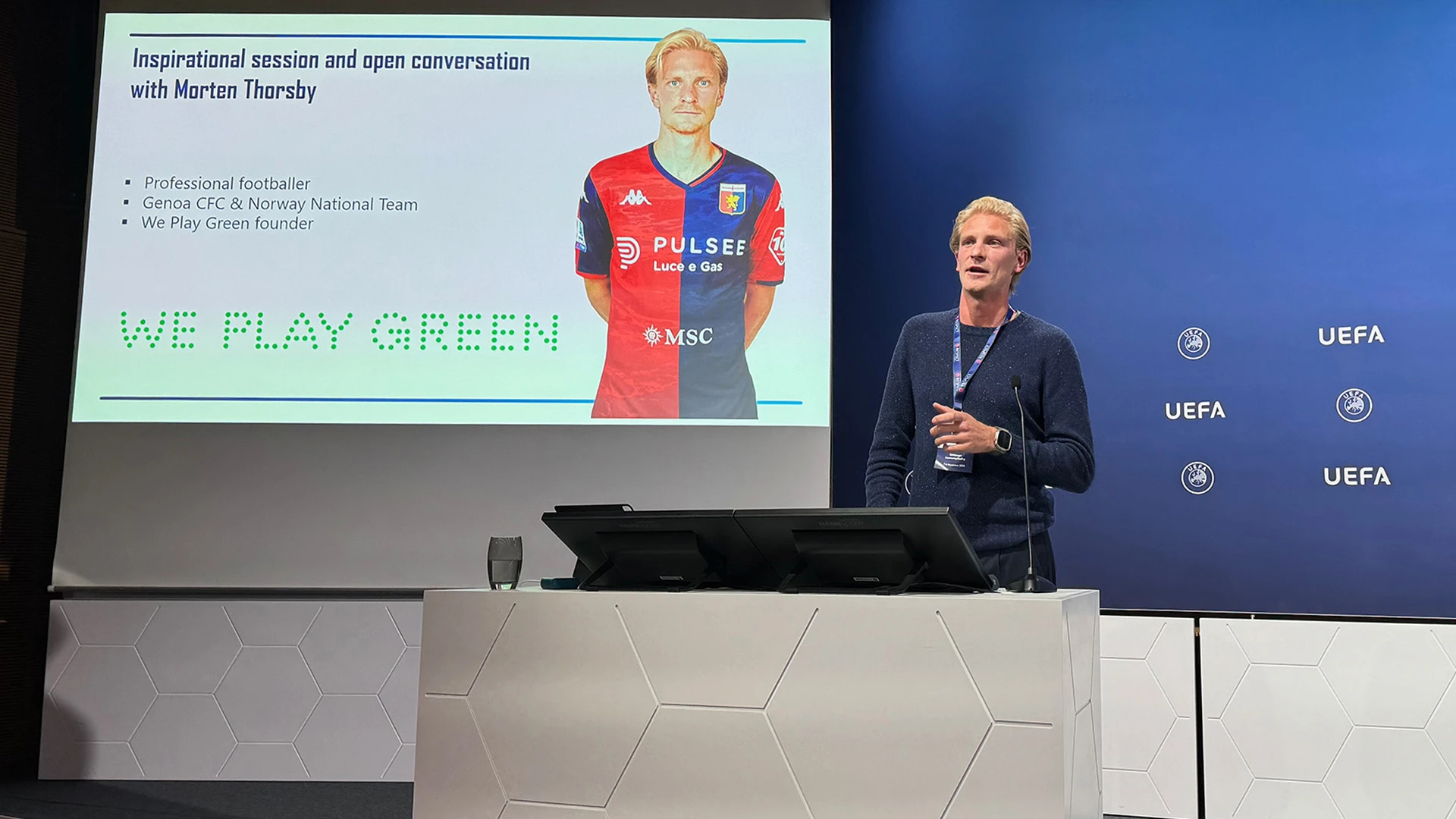
Purpose
The Artificial Pitch Campaign is about protecting both the game we love and the nature we play it in.
Across Norway, thousands of football fields are filled with rubber from car tires — polluting our rivers, harming wildlife, and threatening the environment.
Through awareness, collaboration, and new financial models, the campaign helps clubs and communities replace toxic infill with sustainable solutions — proving that when football comes together, real change is possible.
About the project
Background
Across Norway, more than 1,500 football pitches are covered with artificial turf filled with shredded car tyres — known as rubber infill. Every year, thousands of tons of this rubber leak into nature, making football pitches the single largest source of microplastic pollution in the country.
This material harms rivers, wildlife, and ecosystems — and may also pose risks to human health. Car tyres contain toxic chemicals and were never meant to be shredded and spread across the places where children play and communities gather. Several Norwegian municipalities have already banned rubber infill, and from 2031, an EU regulation will prohibit its sale across Europe.
While rubber infill still offers excellent playing quality today, the transition to sustainable alternatives will be technically demanding and financially challenging. To succeed, the football community must be informed, engaged, and united behind the change.
If met with resistance, this transition could spark frustration that spreads far beyond football — undermining trust in the broader green shift. That’s why the artificial pitch transition is more than a technical change; it’s a test of how we, together, can handle the green transitions to come — with knowledge, participation, and shared responsibility.
Structure
The Artificial Pitch Campaign unfolds in two key phases — from advocacy to action.
- Phase 1: Advocacy and Responsibility.
The first phase focused on awareness, advocacy, and leadership. We called for a national plan to phase out rubber infill — addressing the environmental challenge while also strengthening Green Will within the football family. This stage brought together philanthropists, football authorities, and the government to take shared responsibility for the future of the game. Phase 1 is now completed, and the groundwork for change is in place. - Phase 2: Implementation and Support
The next phase brings the effort to the grassroots — where football lives and breathes.
We work to support local clubs in carrying out the transition, helping them manage costs, reduce frustration, and keep players and families on board. At the same time, we aim to turn this process into something bigger: an opportunity to grow Green Will across the entire football community.
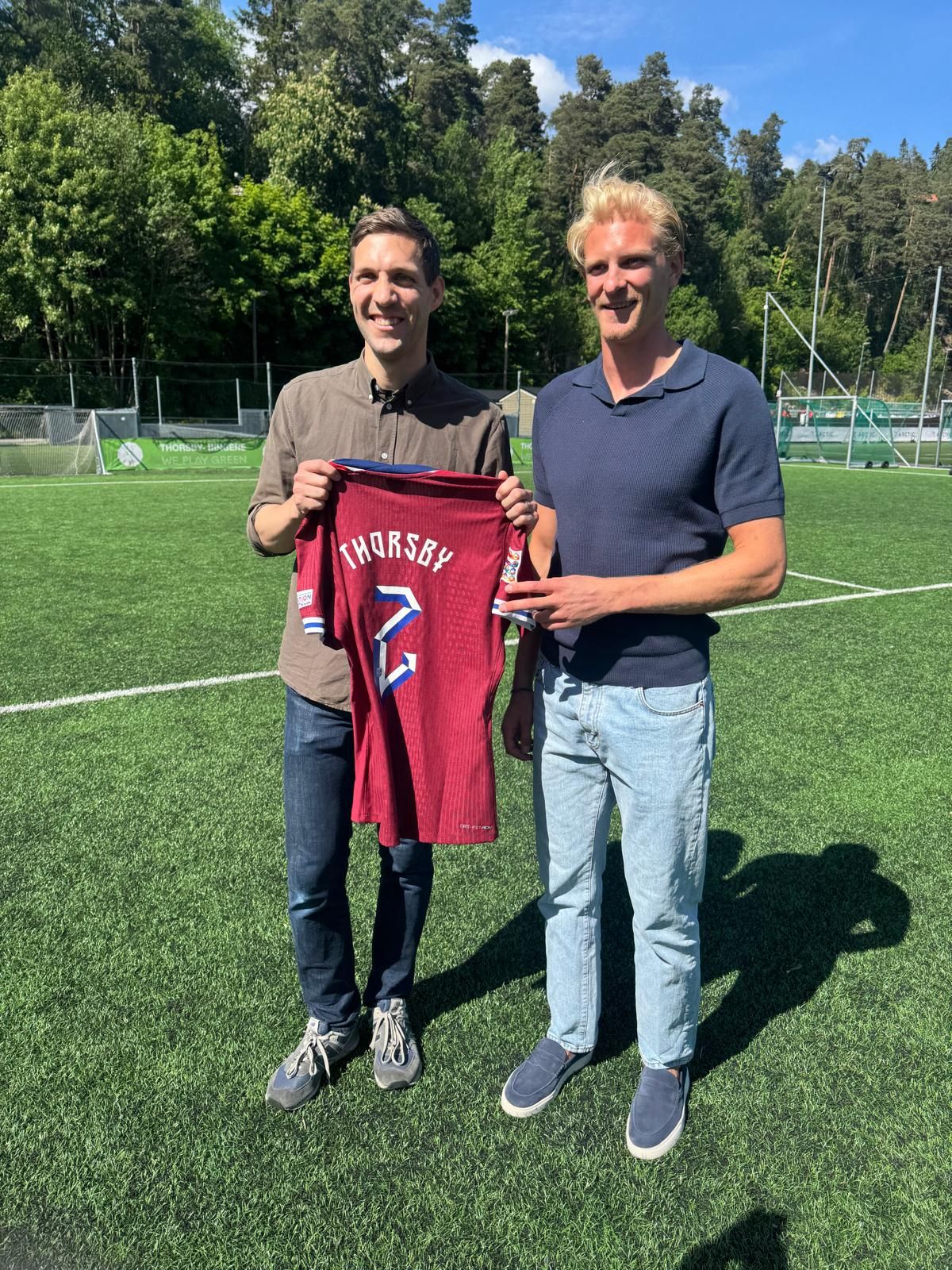
Phase 1 – Advocacy and Responsibility
The first phase of the Artificial Pitch Campaign focused on creating awareness, dialogue, and responsibility across Norwegian football. We called for a national plan to phase out toxic rubber infill — addressing one of football’s biggest environmental challenges while strengthening Green Will within the football family.
At We Play Green, we believe governments cannot — and should not — carry the full burden of every public green transition. Real change requires shared responsibility. The public, including large community institutions like football, must be encouraged and empowered to take part — financially, practically, and morally.
We therefore challenged the Norwegian football authorities, who had argued that the government alone should finance and manage the artificial pitch transition. We maintained that this view shifted responsibility away from the sport itself — and that football must take ownership of the environmental challenges created by its own operations. Positive action in other sustainability areas cannot excuse inaction on the environment.
At the same time, We Play Green argued that football can give something valuable back to society in return for public support. By opening its powerful communication platforms to Green Will messaging, football can help accelerate the wider green transition. We therefore encouraged the government to attach clear expectations to any funding — ensuring that football organisations also help build public understanding and engagement.
The Norwegian football authorities and the government have since reached an agreement. While it does not fully match We Play Green’s ambitions, it represents meaningful progress from the original positions. We are proud to have played an active role in shaping this outcome and to have voiced our arguments publicly. We hope these perspectives will carry even greater weight in future green transitions — in football, and beyond.
Read more: We Play Green’s in media on the artificial pitch discussion
NRK: Landslagsspiller Morten Thorsby reagerer på NFFs milliardforespørsel
Morten reacts to the NFF’s billion-krone request, urging more responsibility and action.
TV2: Thorsby ut mot NFF: – Fotballen fraskriver seg alt ansvar
Morten criticises NFF for denying responsibility and calls for a proactive approach.
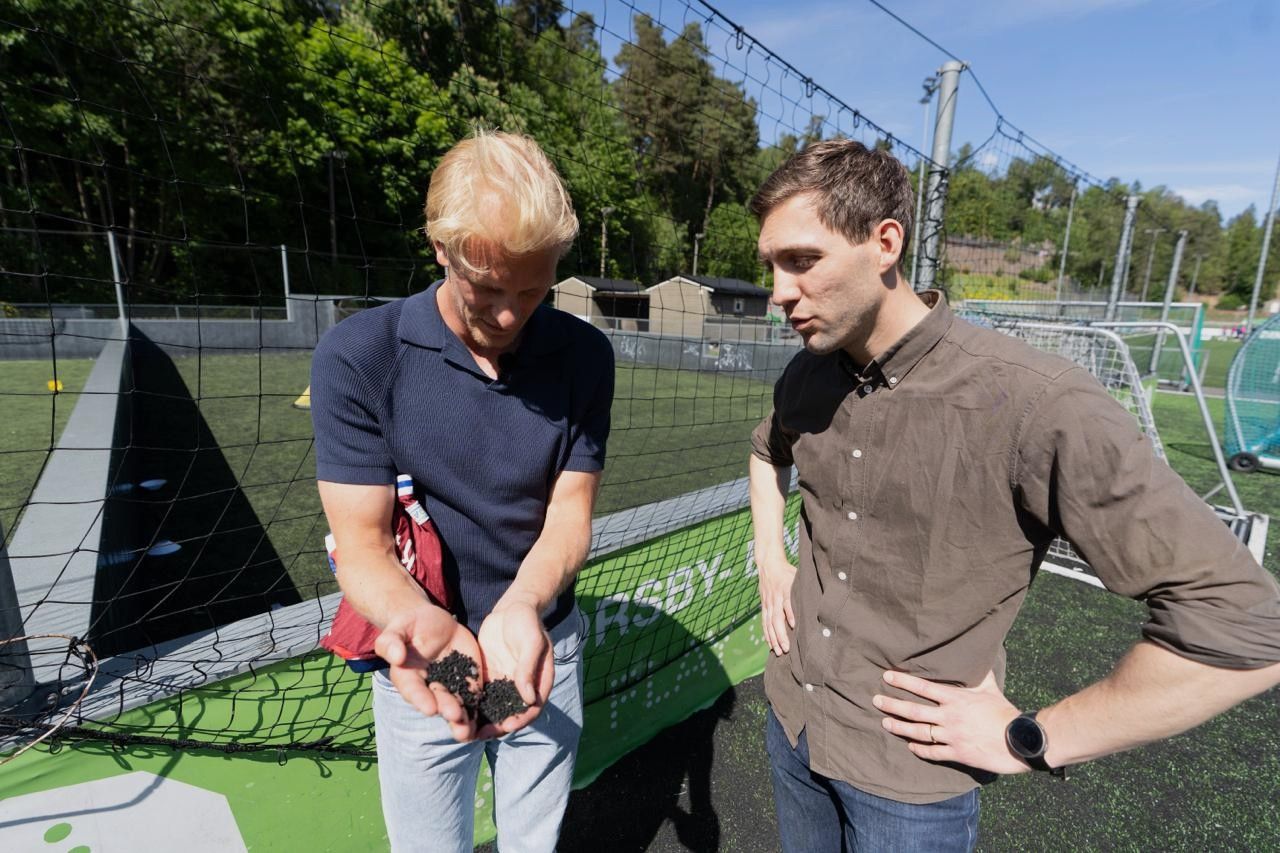
Phase 2 – Implementation and Support
With the first phase completed, We Play Green now turns its focus to the heart of Norwegian football — the grassroots. Phase 2 is about helping local clubs carry out the artificial pitch transition in a positive and united way — reducing frustration and creating engagement among players and families, while strengthening Green Will across the football community. Our goal is to make the process easier, reduce resistance and frustration among players and families, and at the same time strengthen Green Will throughout the football community.
To achieve this, we are building a complete support package for clubs under the name Kunstgressdugnaden (the Artificial Pitch Campaign).
The package will include
- Guidance and practical solutions
- Financial support schemes
- Communication tools, content, and events
- Sponsor and partnership opportunities
- Green Club Services — including the Green Bag
We Play Green has developed a full campaign framework combining all these elements. What we need now are sponsors and partners to bring it to life — creating visible results and shared pride for everyone involved.
This phase also connects naturally with our other initiatives, such as the Green Bag and Green Pass projects, ensuring that every action taken strengthens both environmental impact and community spirit.
Project Status
Phase I – Completed
Phase II – Working on the financing – hopefully launching spring 26’
Desired Impact
- Phase I – Complete ownership + substantial own efforts from the football family
- Phase II – Financing and engagement for the transition + increased green will in the football family
Project partners
Projects by We Play Green
4 min. Read · Published 02 Jul 2025
Share the Project
More Projects
We're transforming football into a billboard for sustainability, using the sport's passion and influence to drive change.

